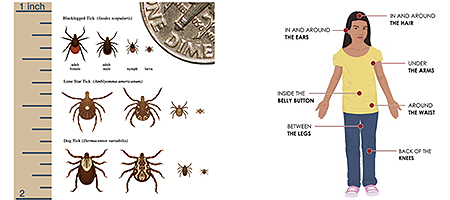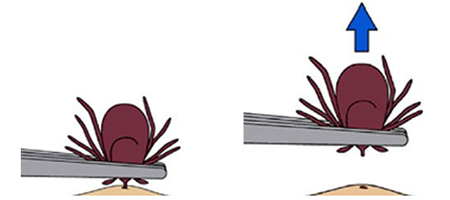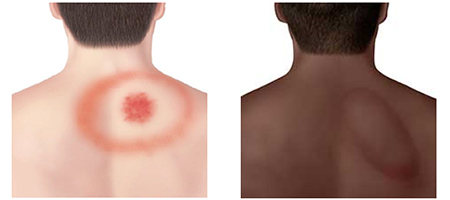Fight the Bite
Mosquitoes
Practice the 5 D's of Mosquito Protection:
- DRESS in long sleeves and pants when possible. Cover up during periods of mosquito activity.
- DEET is an effective insect repellent. Always follow the label instructions.
- DAWN & DUSK are mosquitoes' most active periods.
- DRAIN water from containers weekly. Avoid standing water, such as rain collecting in open bins, buckets or toys!
The City of Worcester participates in the Central Massachusetts Mosquito Control Project (CMMCP). Please note that spray dates are subject to change due to weather conditions, mosquito populations, mosquito virus activity and/or special event spraying. Visit the CMMCP website for details about the spray schedule.
Although mosquito control pesticides pose low risks, some people may prefer to avoid or further minimize exposure. Some common sense steps to help reduce possible exposure to pesticides include:
- Listen and watch for announcements about spraying in the local media and remain indoors during the application to the immediate area.
- People who suffer from chemical sensitivities or feel spraying may aggravate a preexisting health condition, may consult their physician or local health department and take special measures to avoid exposure.
- Close windows and turn off window-unit air conditioners when spraying is taking place in the immediate area.
- Do not let children play near or behind truck-mounted applicators when they are in use.
Questions? Please contact CMMCP at 508-393-3055 between 7 a.m. – 3:30 p.m. Monday through Friday, or logging onto http://www.cmmcp.org.
Ticks
Avoid Tick Bites
- In Massachusetts, peak tick season runs March/April through August, and again in October to November. The most common types are blacklegged (or deer), dog and lone star ticks.
- Dress in long sleeves and pants when possible. Tuck pants into socks to prevent ticks from climbing inside the pant leg.
- Avoid wooded and bush areas with high grass, and walk in the center of trails.
- Use repellents that contain DEET (or other EPA-registered repellents), and use products that contain permethrin on clothing. Always follow the label instructions.
- Do frequent "tick checks" on the entire family as well as pets. Check clothing, gear and hard-to-see places on the body such as armpits, groin, legs, around the ears, inside the belly button, behind the knees and especially along your hairline.
- Shower soon after being outdoors.

Removing Ticks
- If you find an attached tick, use tweezers to remove it by grasping close to the skin and pulling straight up. Do not twist or jerk.
- Clean bite area and your hands with rubbing alcohol or soap and water.
- Note the date and location of tick bite in case you develop symptoms of a tick-borne disease.

Lyme Disease
- The majority of cases of tick-borne disease occur in June through August, and they are transmitted to humans through the bite of an infected tick attached for 36-48 hours or longer.
- Lyme Disease symptoms include:
- Fever, fatigue
- Headache, chills
- Muscle and joint aches
- Red, expanding skin rash
- If you develop symptoms 1-3 weeks after a bite, call your physician.

Additional Resources
*All images courtesy of the CDC




